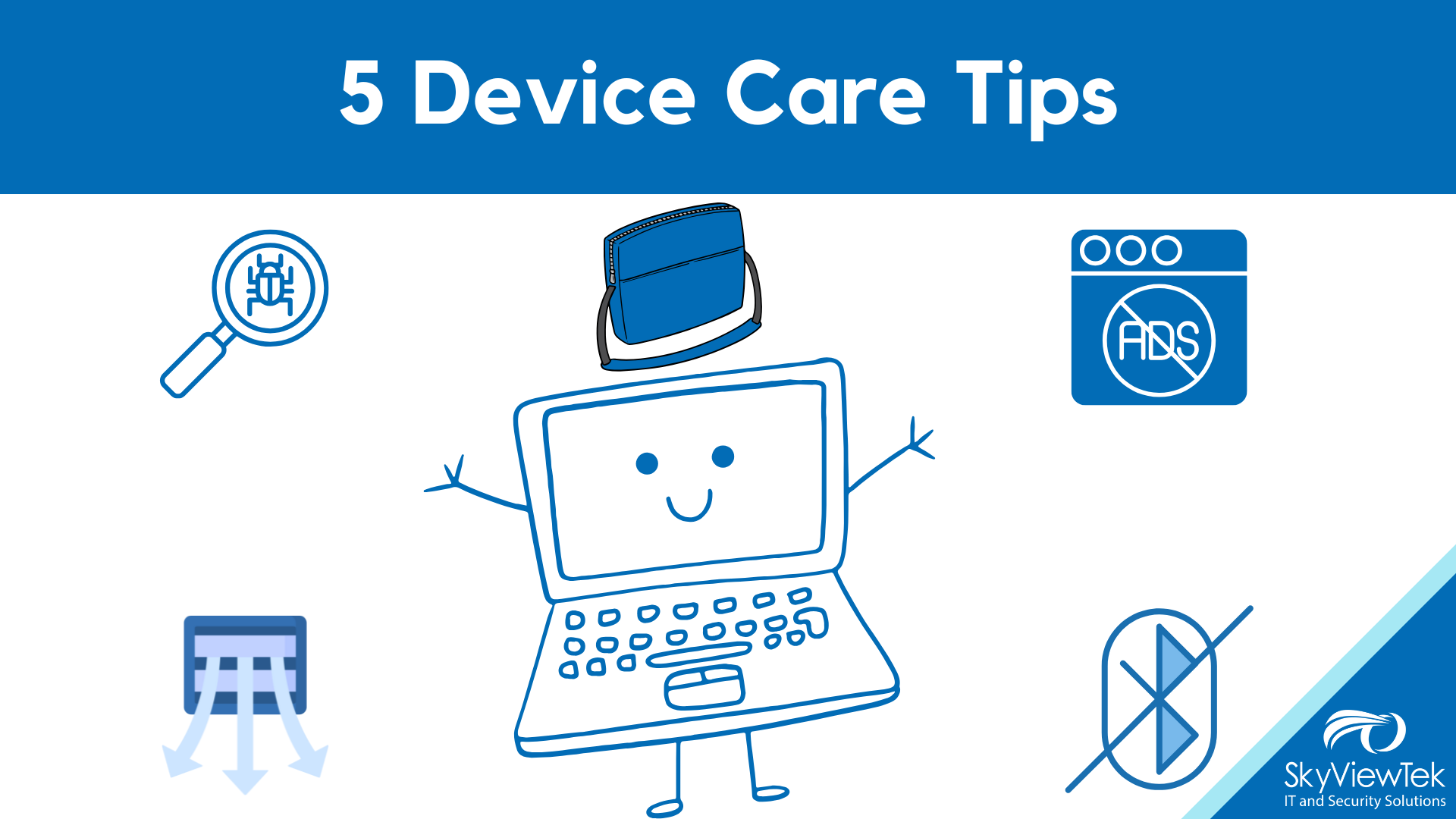
Are you confident your tech habits are keeping your data safe? Many users overlook basic maintenance steps, but building these habits into your weekly routine pays off with better security and reliability all year long. With just a handful of smart actions, anyone can boost security, extend device life, and minimize costly headaches.
1. Secure Browser Settings & Use Ad Blockers

Modern browsers offer numerous privacy and security settings—yet most users don’t take the time to adjust them.
- Enable private browsing modes and block third-party cookies to reduce tracking.
- Use ad blockers and popup blockers to avoid risky sites and drive-by malware.
- Regularly check your browser extensions and only keep those you trust.
These simple steps make it much harder for malicious content to reach your device, especially while you’re surfing the web.
2. Schedule Regular Malware Scans

Don’t wait for problems to arise. Proactive scanning is the best defense against evolving cyber threats.
- Set your antivirus or security software to run scheduled scans at least once a week.
- Make sure your security program is always up to date.
- Review scan results and follow up on any alerts right away.
Early detection prevents minor issues from becoming costly disasters.
3. Physically Secure Devices

Physical security matters as much as digital safeguards.
- Always lock your computer when stepping away, even briefly.
- Never leave laptops, phones, or tablets unattended in public spaces or unlocked offices.
- Store devices in a secure place overnight or when not in use.
An unattended device is an easy target and losing access can mean hours or days of lost productivity.
4. Clean Dust from Inside Vents and Fans

Many users wipe down device surfaces but ignore critical internal components.
- Every few months, gently clean vents to prevent dust buildup.
- Use compressed air (not harsh brushes) for safe cleaning.
- If unsure, ask a professional to help with deeper internal maintenance.
Preventing overheating helps extend device lifespan and keeps performance strong.
5. Turn Off Bluetooth When Not in Use

Bluetooth is convenient but leaving it on in public can expose you to unwanted connections.
- Turn Bluetooth off when you don’t need wireless accessories.
- Avoid pairing in crowded or unfamiliar environments.
- Only connect to devices you recognize and trust.
A quick toggle could block hackers from linking to your device in public.
It only takes a few minutes each week to put these habits into practice and dramatically boost your device protection.
For expert support with device maintenance, IT security, or office tech upgrades, reach out to Bernie Orglmeister at support@skyviewtek.com or call 610-590-5006.